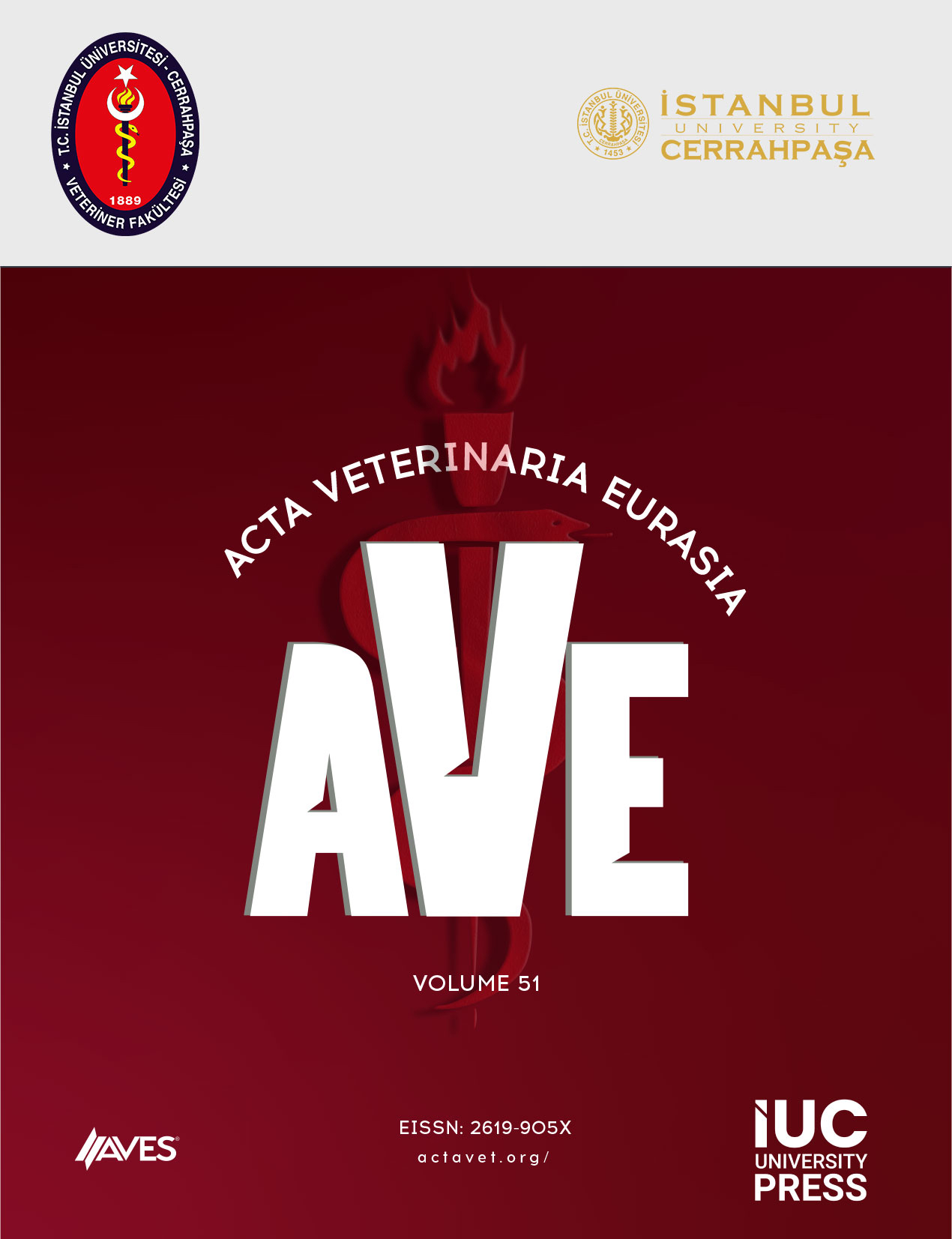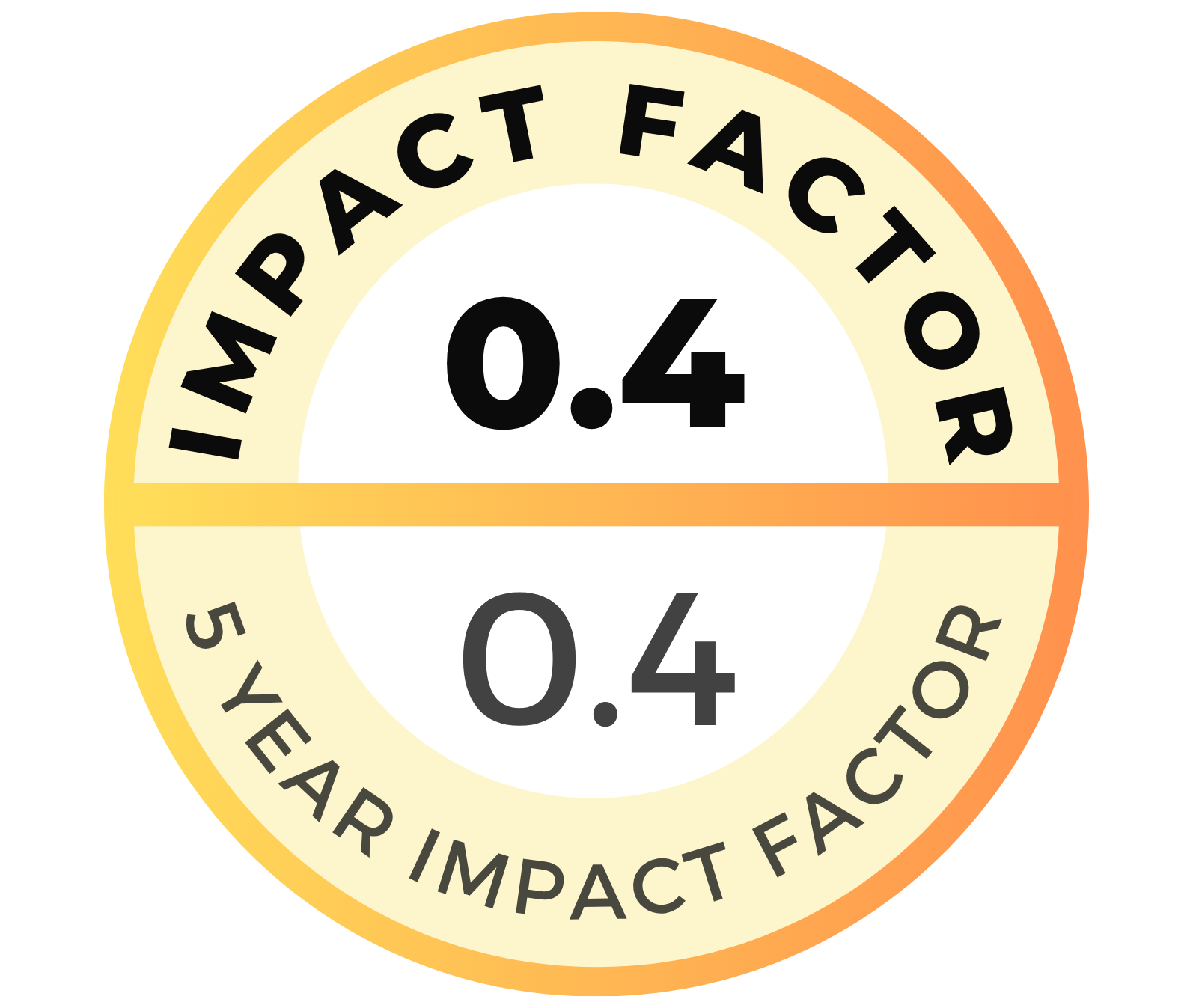Performance characteristics and egg quality in layers decline steadily in the last stage of laying owing to maturity which harmfully influences the metabolism of the birds. The effects of vitamin D3 supplementation (2500, 3000, 3500, and 4000 IU/kg diet) on production parameters of layers were examined. Eight hundred eighty Lohmann egg layers (age of 81 weeks) were allotted randomly into 5 dietary treatments with 4 replication of 44 birds each. The standard ration in the present trial contained 3.25% of calcium contents along with natural vitamin D3 in feed ingredients. The addition of dietary vitamin D3 at all levels substantially (p ≤ .05) improved the rate of laying, egg weight, feed intake, egg mass, feed conversion ratio, and broken eggs rate compared to the control diet. Besides this, the addition of vitamin D3 at 3000, 3500, and 4000 IU/kg to basal diets enhanced (p ≤ .05) the indexes of shape, albumen and yolk, specific gravity, Haugh unit score, shell thickness, and shell strength than those of control and 2500 IU vitamin D3/kg diets. Increasing vitamin D3 levels from 2500 to 4000 IU/kg diets elevated serum calcium, phosphorus, and VIT-D3 compared to the control diet. In conclusion, the addition of various levels of vitamin D3 (2500–4000 IU/kg diet) in the layer’s basal ration at the last production stage might be helpful means to develop the performance of layers, egg worth traits, as well as physiological status.
Cite this article as: Sabir, M., Iqbal, J., Khan, S. H., Sharif, M., Ashraf, M., & Rehman, Z-U. (2022). Effects of cholecalciferol levels on productive traits, egg quality, and blood biochemistry in late-phase laying hens. Acta Veterinaria Eurasia, 49(1), 13-18..





.png)